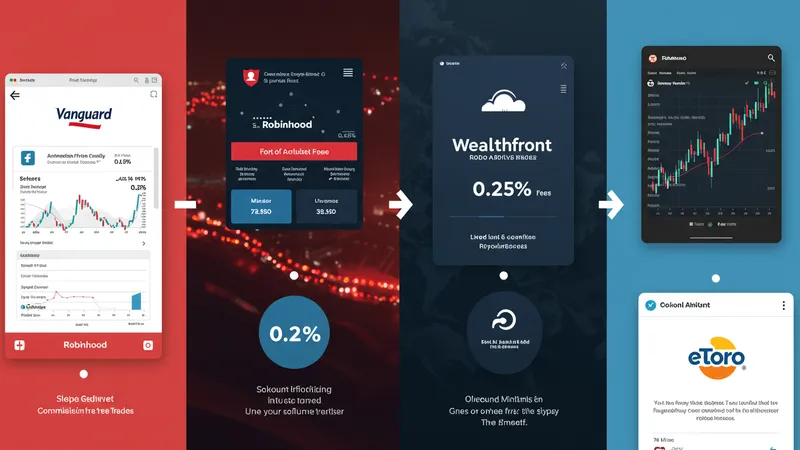
Online Investment Platforms: Transforming How People Invest And Grow Wealth
Comparative Analysis: Costs and Accessibility Across Platforms
Pricing models are central to platform comparison. Vanguard, Fidelity, and Robinhood all offer commission-free trades, but variations emerge in terms of account fees, minimum investments, and management costs. Wealthfront’s automated robo-advisor service charges a flat 0.25% annual fee, attractive for those preferring set-and-forget investing. Meanwhile, eToro’s unique social platform relies on spread-based fees, which users must evaluate carefully when planning frequent trades or copying portfolios.

Account minimums remain a hurdle for some investors. While Robinhood and eToro feature minimal or no deposit requirements—a win for first-time participants—others, like Wealthfront, require a small threshold to access automated features. This directly influences the audience each platform serves and shapes user expectations regarding accessibility and onboarding.
Research capabilities are another differentiator. Fidelity stands out for integrated in-depth research, fundamental analysis, and market screeners. Vanguard similarly provides extensive tools but with a skew toward long-term investing. Robinhood offers streamlined analytics suited for rapid, short-term action but with less comprehensive coverage. Users mindful of research needs must weigh these offerings against their own preferred strategies.
Global reach is steadily increasing, particularly with platforms like eToro, which accommodate multiple currencies and serve users from a wide range of jurisdictions. This aspect is vital for those looking to diversify internationally and participate in global markets from their home country or while traveling.